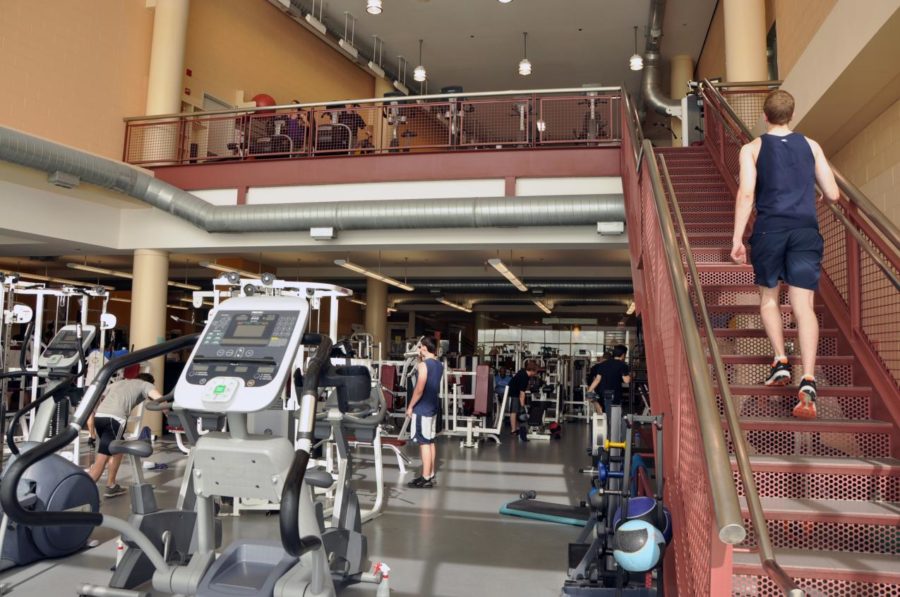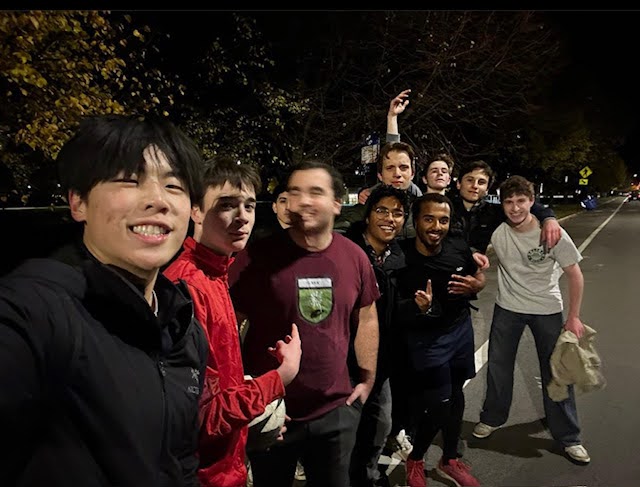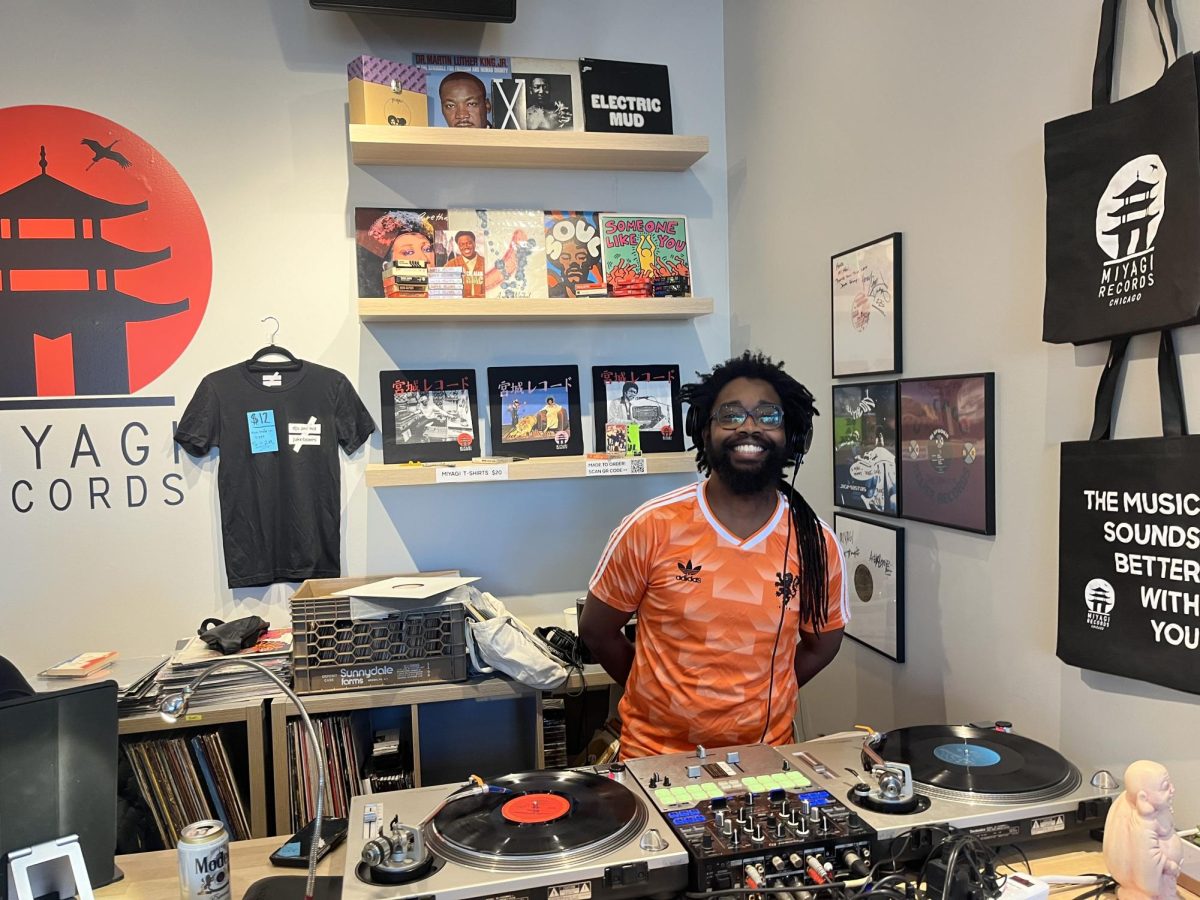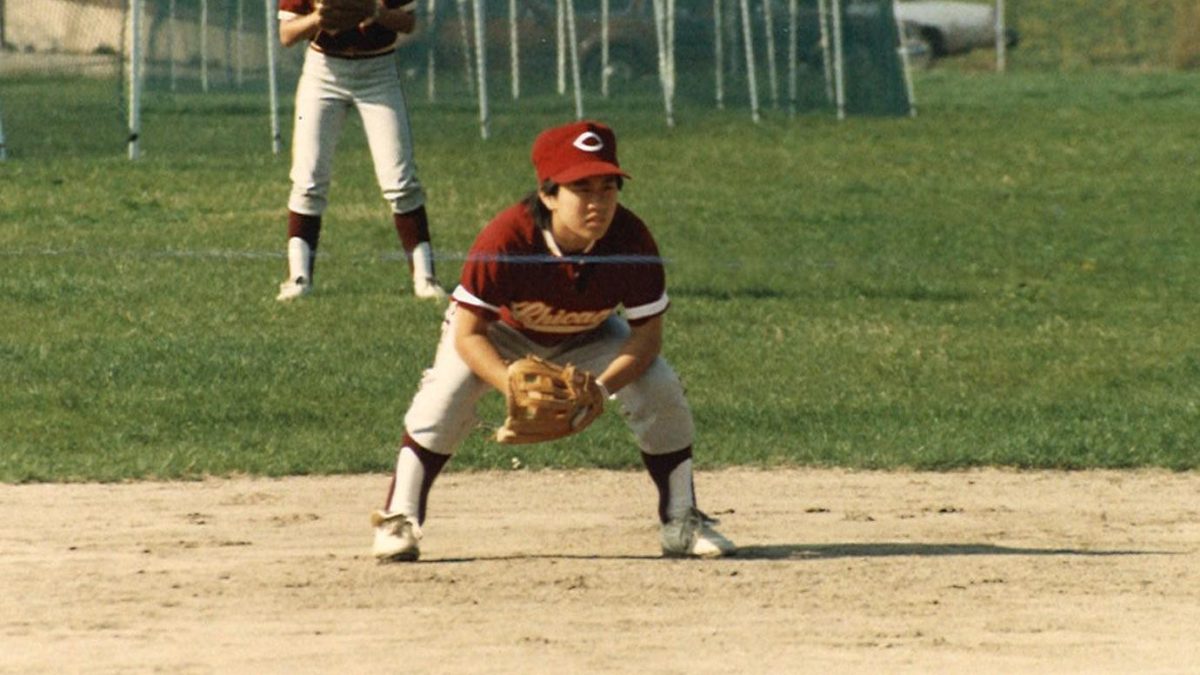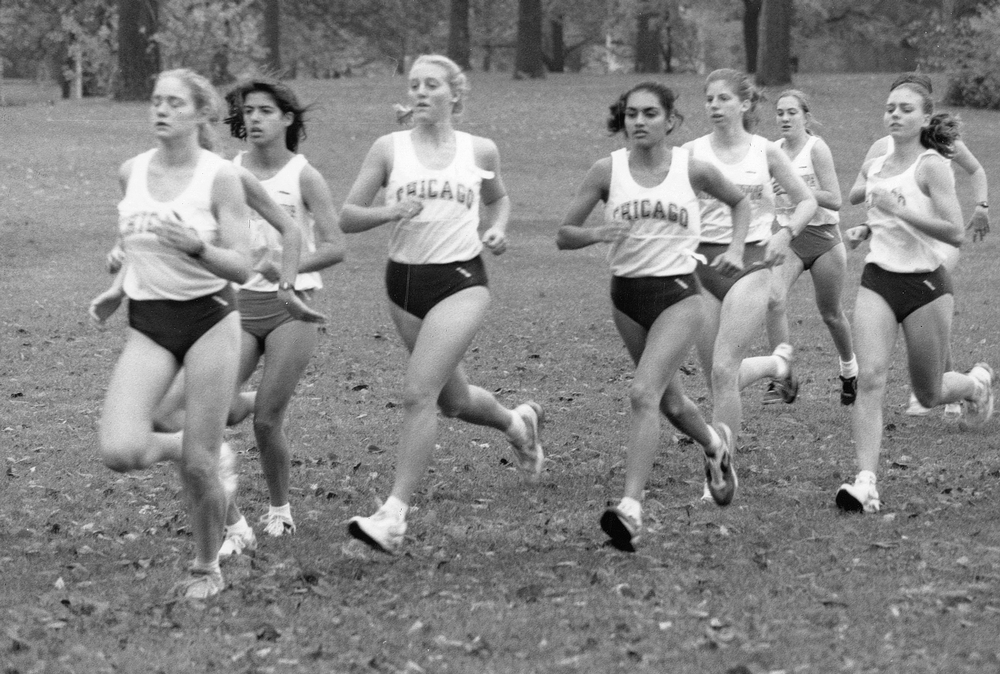As a sign that the new Collective Bargaining Agreement didn’t really change baseball’s economics, nothing is clearer than the situation at Red Sox spring training in Fort Myers, Florida.
Five outs short of a trip to the World Series last year, the Red Sox picked up one of the best starters and best closers in the game to augment a record-breaking offense. They were then upended by the Yankees in the battle for Alex Rodriguez.
The speculation about free agency may, in fact, be Boston’s most pressing issue this spring. While currently one of baseball’s best teams, the Sox stand to lose what many are now calling their big six. Pedro Martinez, Derek Lowe, Nomar Garciaparra, Scott Williamson, Jason Varitek, and David Ortiz will all be on the market after this season.
Sox General Manager Theo Epstein has confirmed that not all of the group will be re-signed, which has lead to intense gossip in the press over who might receive an extension before opening day. Recent Boston Globe reports comment that “serious efforts” are being made to sign at least three of these players before the season begins.
Ironically, the man among the group easiest to sign during the spring—and the most deserving of a long-term deal—is probably the one for whom that sort of security is least necessary. Jason Varitek finally began to receive some of the recognition he so richly deserves this season, being elected as the “32nd Man” to the All-Star team in what was offensively a breakthrough season for him.
Yet his biggest contribution to the team was, as always, intangible. Tek would be the consensus best catcher in the league if he put more effort into his hitting. Instead, this consummate professional has devoted himself to learning the quirks of hitters, while putting energy into improving his already spectacular ability to call the right pitches.
Varitek is one of the better defensive catchers in baseball and calls a better game than anyone else—something that was glaringly visible in 2001, when the pitching staff fell apart after Varitek suffered a season-ending elbow injury.
So many of the great-hitting catchers are notorious for an inability to handle pitching staffs. Varitek, however, is unwilling to over-emphasize his hitting if more time can be spent studying the opposing hitters. He would rather have his average take a hit in order for his team to win games. His gutsy, hustling, no pain-no gain style of play makes him a shining example on the field, and his team-first attitude makes him one of the unofficial captains off of it.
Sadly, as of press time, the future of one of the cornerstones of the franchise is still in question.
It has always fascinated me how catchers are judged in the majors. With the exception of pitchers, there is no other position at which you can have a longer major league career with less offensive ability. Yet, the “great” catchers (the ones who tend to receive the best contracts) always seem to be the ones who can put up big numbers when out of the crouch.
The big name catchers today are Mike Piazza, Javy Lopez, Ivan Rodriguez, and Jorge Posada. They are all great hitters, but only Posada is known to call an excellent game. It’s one of baseball’s great contradictions: the game simultaneously acknowledges that the best value of a catcher is not in the numbers and rewards best those with tangible evidence of their talent.
Catching is not a glamour position. It lacks the graceful, almost ballet-like leaps required of other fielders or the fluid power of the pitcher’s motion. They play the only position close to a contact position in the sport, a job marked by collisions at the plate and broken fingers from errant pitches.
The wear and tear that catchers suffer—particularly to the knees from so much time in the crouch—has led to shortened careers time and time again. The knees of a catcher tend to have a 10-year shelf life, and when they go, the player goes with them. So many catchers, from Elston Howard to Manny Sanguillen to Benito Santiago, are unceremoniously dumped the moment they’ve outlived their utility. The respect accorded to Tim McCarver, whom Steve Carlton demanded be traded with him to Philadelphia, is a rare thing.
Yet, catchers have a massive responsibility, beyond that of being able to hit, catch, and throw-out base runners. Catchers are responsible for calling pitches and thus controlling the game. Pitchers receive most of the credit, but it’s the catchers who control their arms. A great catcher can make a staff, and a poor catcher can break one—witness the resurgence of Philadelphia along with the emergence of Mike Lieberthal, or for that matter, the problems the Mets have had developing young pitchers with Piazza behind the plate.
It’s also interesting to note how many major league managers were catchers. At one point last season, about a third of them were, far more than any other position.
Varitek, who has shown relatively few signs of breaking down (he has fully recovered from his elbow injury of three years ago), certainly deserves Epstein’s respect. He has a baseball intelligence and a work ethic that are second to none.
Epstein is one of the new breed of baseball men who tie themselves down to statistics rather than a feel for the game, but stats won’t tell the full story for Varitek. He has earned a long-term deal that will keep him in the home clubhouse at Fenway for years to come and keep Boston’s pitching staff competitive after Schilling and Pedro.
If a deal doesn’t happen, Varitek will be able to get a good contract somewhere. His skill at the plate last season finally brought his other, more important talents into focus for the baseball world. He is sure to bear down and take the hit with aplomb and grace.
He is, after all, a catcher.


